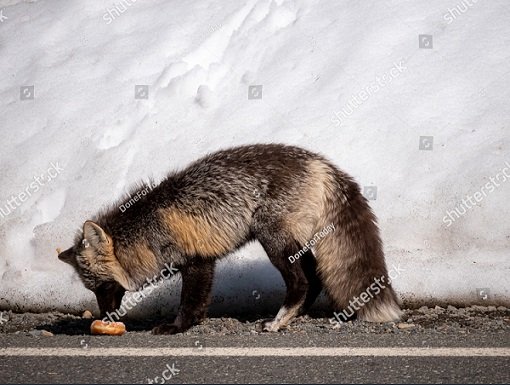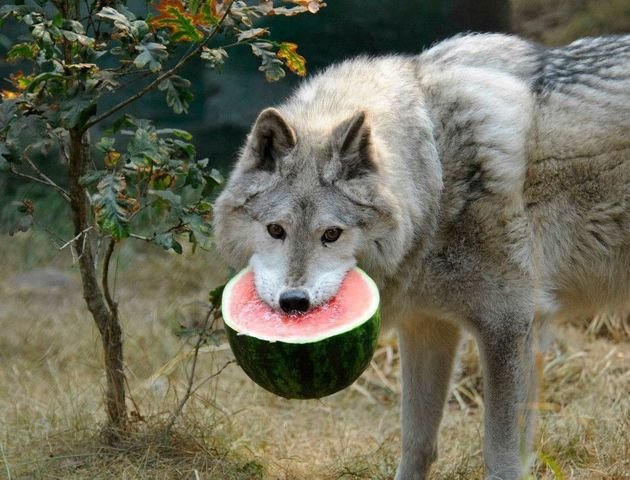Carnivores Eating Human Food
Experts from the University of Wisconsin-Madison in a new study have determined that carnivores living near people are eating so much human food that it has become a threat to their ecosystems. And the researches indicate that North America will face consequences by putting its carnivore-dominated ecosystem at risk because more than half of the diets of these animals come from human sources.

The study is dealing with nearly every aspect of its kind so that it can evaluate how major carnivores like coyotes, bobcats, and gray wolves have responded to their habitat changes with their diet change.
Areas of Research
The researchers analyzed across the region of the Great Lakes region, the diets of seven predators belonging to the region. Bone and fur samples were collected from diverse sites, of more than 700 species ranging from remote national parks to metropolitan areas like Albany, New York. The studies deduced that carnivores tend to eat more human food as they get close to cities and farms.
An Alarm for Future Species
Although the predators evolve in a shape that helps them to compete for different resources if the new species are provided the common food source, it will put in conflict with each other. The ecological balance between predator and prey and as well as between different carnivores could be disrupted completely.
The location change resulted in the change in the degree of amount of food eaten by the animals. On average in most human-altered habitat, more than 25% of the carnivores got their diet from human sources and few species had more involvement than others. For example, a relatively small amount of human food was eaten by Bobcats in comparison to others.

50% Diet of Carnivores is Human Food
Phil Manlick, who led the study, said that this is pretty shocking that the sort of generalist species that you might expect that are foxes, fishers, martens, coyotes in the human-dominated landscape is rapidly increasing with of 50% of their diet from human food.
Reliance on human food has increased among the carnivores and the study revealed that how much carnivores overlapped in their competition for food. With this increasing reliance on human food could make the carnivores vulnerable to human attacks near towns, or change when and how they hunt traditional prey.
The consequences are not yet clear as considering a large number of species involved and the geographic extent of the study, the trend of human-sourced food in carnivore diets is widespread.
Need for Solution
Professor Jon Pauli said that if we change dramatically the landscape in terms of one of the most important attributes of a species i.e. their food will have unknown consequences for the overall community structure. So it is now the responsibility of ecologists and conservation biologists that they start to understand the novel ecosystems and try to find a path for the winners and losers of the change.
